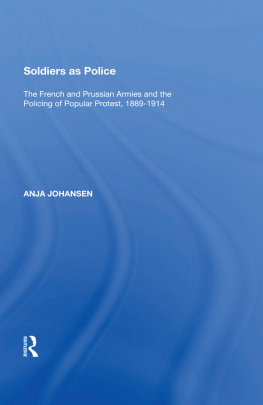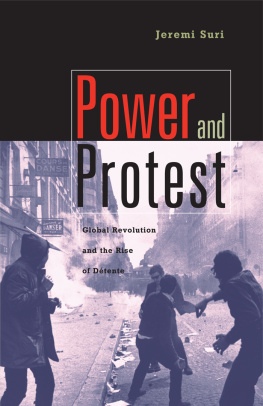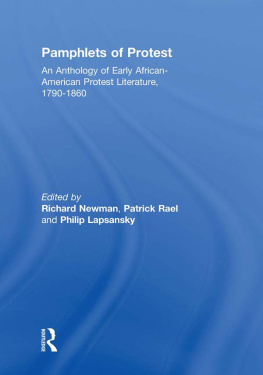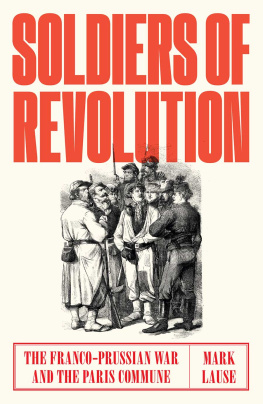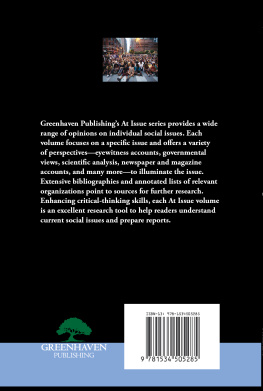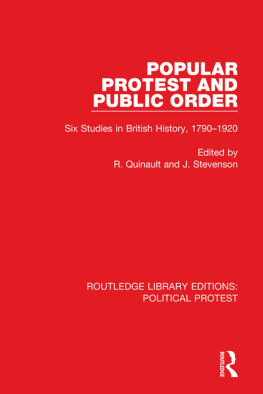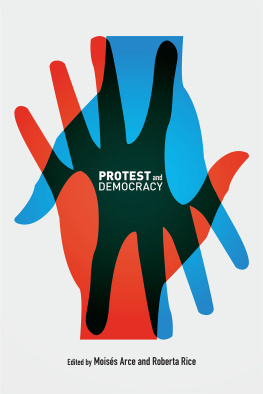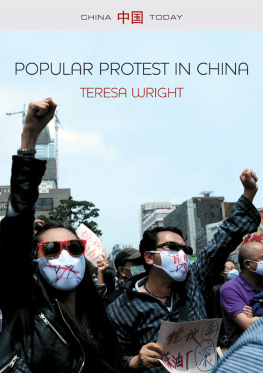First published 2005 by Ashgate Publishing
Reissued 2018 by Routledge
2 Park Square, Milton Park, Abingdon, Oxon OX14 4RN
711 Third Avenue, New York, NY 10017, USA
Routledge is an imprint of the Taylor & Francis Group, an informa business
Anja Johansen 2005
Anja Johansen has asserted her moral right under the Copyright, Designs and Patents Act, 1988, to be identified as the author of this work.
All rights reserved. No part of this book may be reprinted or reproduced or utilised in any form or by any electronic, mechanical, or other means, now known or hereafter invented, including photocopying and recording, or in any information storage or retrieval system, without permission in writing from the publishers.
A Library of Congress record exists under LC control number: 2004008258
Notice:
Product or corporate names may be trademarks or registered trademarks, and are used only for identification and explanation without intent to infringe.
Publishers Note
The publisher has gone to great lengths to ensure the quality of this reprint but points out that some imperfections in the original copies may be apparent.
Disclaimer
The publisher has made every effort to trace copyright holders and welcomes correspondence from those they have been unable to contact.
ISBN 13: 978-0-815-39715-1 (hbk)
ISBN 13: 978-1-351-14876-4 (ebk)
In the process of researching and writing this book, thanks are due to many people and institutions. The research grew out of my Ph.D. thesis from the European University Institute, Florence, and was funded by the Danish Ministry of Research. The development of the thesis into this book was made possible by the generous support by the Carlsberg Foundation who funded two years of post-doctoral studies at Clare Hall, Cambridge.
I would like to thank the staff of the many archives consulted in Germany and France: the Geheimes Staatsarchiv in Berlin, the Central Archive in Potsdam, the Hauptstaatsarchiv in Munster, and the German Military Archive in Freiburg. Similar thanks go to the French National Archives in Paris and the Departmental Archives in Lille and Arras. I am particularly grateful to Colonel Bondinier and his staff at the French Military Archive in Vincennes, who were very helpful and flexible at all times.
Over the years of researching and writing this book, I have received many useful comments and invaluable encouragements from professors, fellows and students at the European University Institute, at Nuffield College, Oxford, and at Clare Hall, Cambridge. I would also like to express my thanks for many patient replies to my countless inquiries about the finer details of the English language.
Thanks are also due to Professor Wilhelm Deist, to Professor Gerd Krumeich, and to Professor Jean-Jacques Becker, whose interest and helpful comments in the early stages of the research gave me the confidence to move into a field that was so scarcely described in the secondary literature. Professor Heinz Reif from the Technical University of Berlin and Professor Christophe Charle, from Lcole Normale Suprieure, both took the time to engage in constructive discussions about functional elites and elite cooperation in Westphalia and France respectively.
I am most greatly indebted to Professor Raffaele Romanelli and to Professor Michael Muller, my supervisors at the EUI, as well as to the late Dr. Vincent Wright, Nuffield College, who was my external supervisor and who supported the project from its earliest stages. In the process of turning the thesis into this book, Professor Clive Emsley and Professor Roger Morgan have provided invaluable support, while Professor Richard Evans most generously offered me much practical advice on how to transform the thesis into a publishable monograph.
I am infinitely grateful to my family who several times drove me together with my papers from one end of Europe to another, to Miranda and Shantanu who read and corrected the manuscript, and to friends in London, Paris, Berlin and Mnster who opened their homes to me and made the periods of archival research more enjoyable. My warmest thanks are due to Mark, who first talked me into undertaking this project and who remained an indispensable friend throughout the process.
From military to civilian policing
Until the mid-19th century, military involvement in the policing of disorderly public gatherings was the norm in most parts of Europe. By the end of the First World War, civilian police forces had taken over the responsibility for maintaining public order in the majority of European countries. This book takes its starting point from the observation that during the 1890s, the French Third Republic and the German Empire developed opposite practices in terms of relying on the army for the policing of protest.
Up to the late 1880s, the use of troops in France and Germany followed a similar pattern. Throughout the first half of the 19th century the authorities in both countries mobilised military troops as a general practice whenever popular unrest or riots exceeded the capacity of the local gendarmerie, night watch or citizen militia. After the repression of the 1848 Revolutions, and subsequent incidents of popular unrest during the years 1848 to 1851, the role of the army in maintaining public order was in decline in both countries, with the bloody repression of the Paris Commune in 1871 standing as a notorious exception.
It was during the 1890s that the use of troops took diverging trajectories in the two countries. This happened at a time when authorities in both countries were increasingly challenged by organised mass protests. Yet after major military involvement in the great miners strike of 1889, the authorities of the German Empire increasingly refrained from using troops against civilians; by the turn of the 20th century, the role of the Prussian-German army in the policing of strikes and demonstrations had become a rather unusual event.
During the same year, the French army became increasingly busy in policing social conflicts and political protest. The frequency of military interventions in France rose sharply after the turn of the 20th century, and it was not until 1921 with the establishment of the gendarmerie mobile that the French army was finally discharged from most of its policing duties.
The dissimilar approaches to the use of soldiers for the policing of popular protest appear paradoxical: after the unification of Germany under Prussian hegemony, civilian society, politics and popular cultures became heavily influenced by military values, and the authorities approach to social disorder and political opposition maintained many features of authoritarianism throughout the Imperial era. In comparison, the French Republic styled itself as liberal and democratic; the extremely frequent and extended use of troops by successive French governments is remarkable: even if the Republican regime was occasionally challenged by social unrest and political extremism, the vast majority of instances where troops became involved in protest policing could not by any stretch of the imagination be described as threatening the stability of the existing social and political order. The divergent developments in France and Germany therefore call for a closer look at the factors that shaped the decisions by French and German authorities to involve or not involve the army in the policing of popular protest.
Historians have pointed to four main factors to explain the overall decline in the policing functions of national armies in the majority of European countries from the early half of the 19th century to the end of the First World War. Demilitarisation of policing in France and Germany-as in many other European countries-partly coincided with the emergence of modern professional police forces. As police forces took charge of most tasks of crime fighting, law enforcement and order maintenance, increasingly clear limits were drawn around the involvement of the regular army in the management of civilian society.

